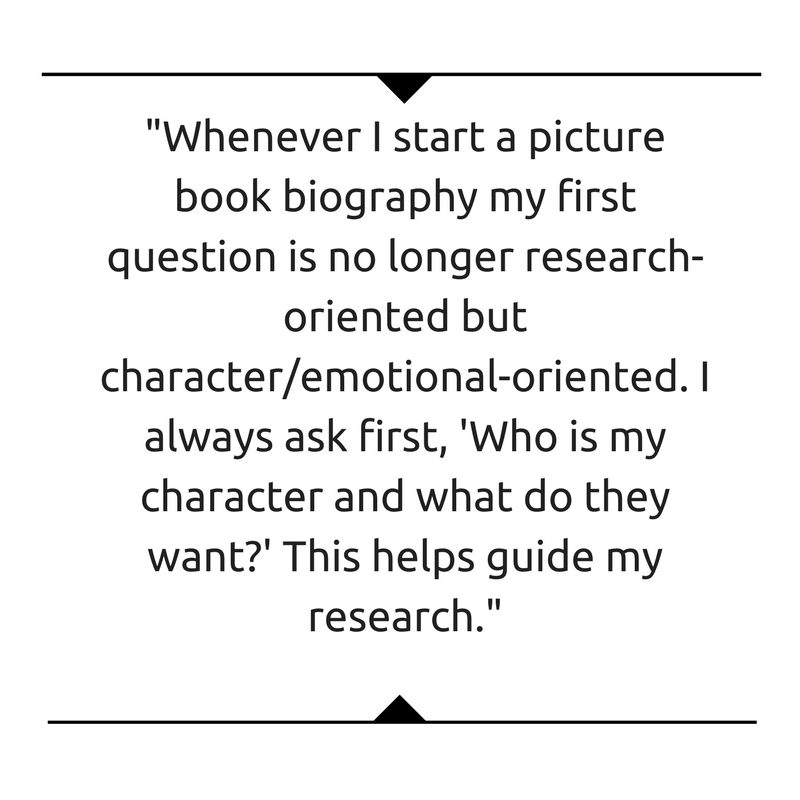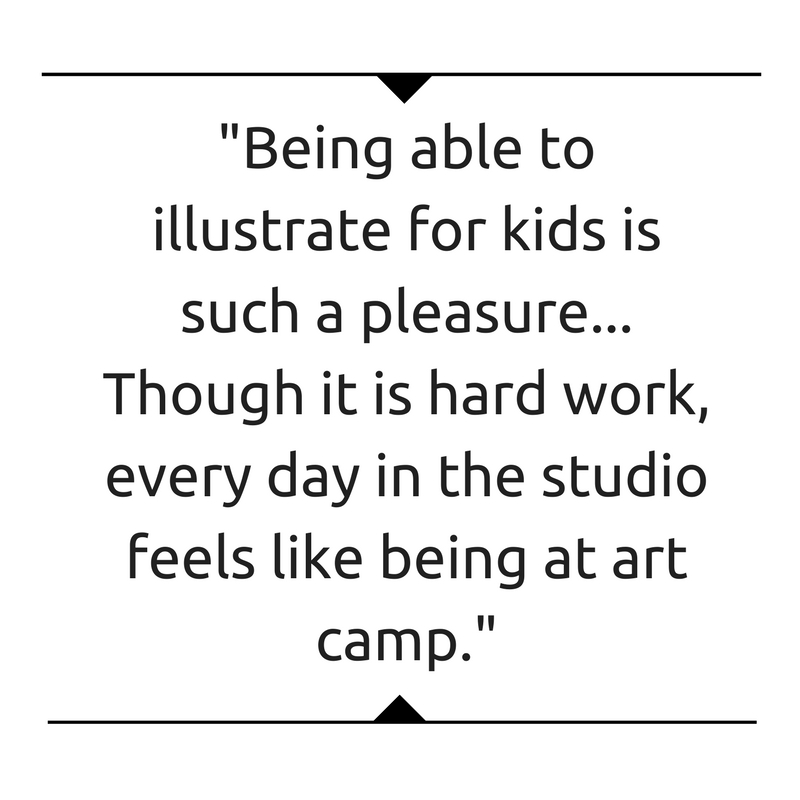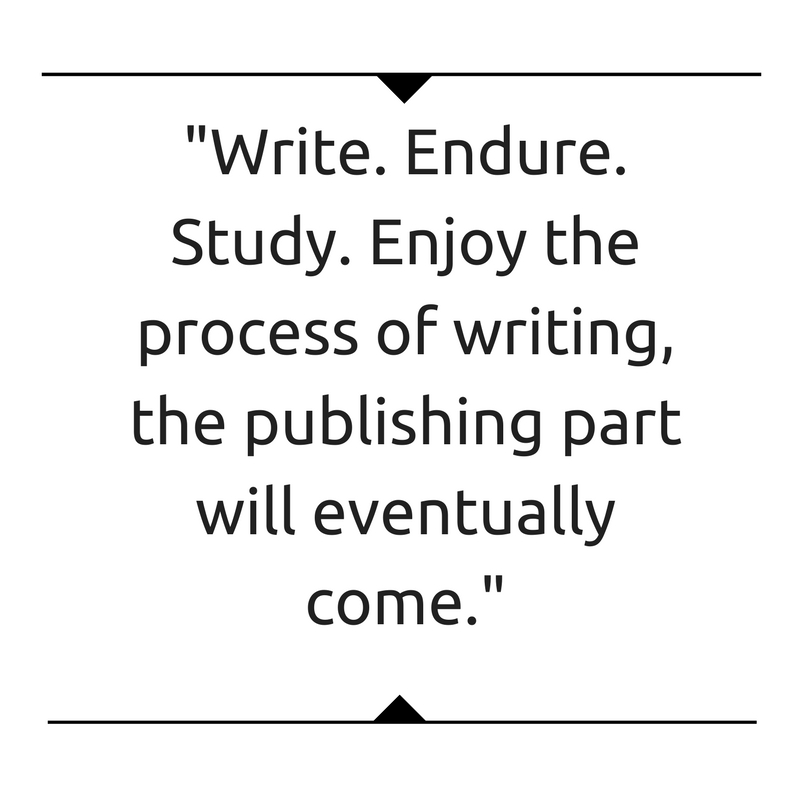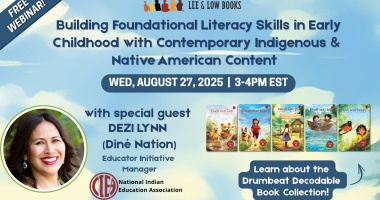 September is here and with the close of summer comes the close of our New Voices Award submissions window on September 30, 2017. It’s also a time when those who have submitted manuscripts—and those still in the process of doing so—may be grappling with some personal questions:
September is here and with the close of summer comes the close of our New Voices Award submissions window on September 30, 2017. It’s also a time when those who have submitted manuscripts—and those still in the process of doing so—may be grappling with some personal questions:
Should I submit my story if I’ve never written for children before?
I’ve always been an artist, but can I be a writer?
What happens to the winner and honor after the award?
Where can I find good advice from someone with experience?
These questions and others like them are not easily addressed in a FAQ page. So to provide this year’s participants with some insight to the contest and creative process, we reached out to former New Voices Award winners, honors, and artists who faced some of these same questions not too long ago. These three accomplished storytellers have forged successful careers as children’s book authors, illustrators, and even author/illustrators. In the following interview, author Paula Yoo (Sixteen Years in Sixteen Seconds), illustrator Shadra Strickland (Bird and Sunday Shopping) and author/illustrator Don Tate (It Jes’ Happened) share how participating in the New Voices Award helped shape their success.
What kind of projects were you working on before your New Voices project?
Paula Yoo: By day, I am a TV writer/producer. When my first book, Sixteen Years in Sixteen Seconds, won the New Voices award, I was a writer for the show Tru Calling on FOX. I was also working in my spare time on a YA novel called Good Enough that would be published later by HarperCollins.
Shadra Strickland: Prior to Bird I was working part time designing at a NY publishing house. I had also done a picture book for a Korean publisher that wasn’t at all my best work. Many years before that, I was teaching elementary school art and had done an emergent reader book with Lee and Low! Bird was the project that really launched my career.
Tell us about your experience working on your New Voices project. What did you enjoy about it? What was challenging?
PY: I loved working on Sixteen Years. Before becoming a TV writer and book author, I was a journalist for many years. I wrote for The Seattle Times, The Detroit News, and PEOPLE Magazine. When it came time to do research for Sixteen Years, I was able to use my journalism background to go beyond just a standard Google search and conduct live interviews—including one with Dr. Lee himself—as well as in-depth primary sources. I enjoyed interviewing Dr. Lee the most, of course. He gave us a tour of his childhood haunts, taking us to his elementary and high schools and even the town public pool that Dr. Lee and other children had been banned from using on certain days of the week because of the color of their skin. He also showed us his Olympic Gold and Bronze medals, along with the two Olympic torches he carried during those years. It was such an honor and rare privilege to be given that much personal time with Dr. Lee.
Learning how to balance all my research with the narrative storyline was a challenge. The first draft I wrote was very newspaper-ish—it simply read like your typical newspaper or magazine profile. I then realized I had to use my fiction background with TV writing and short stories/novels to create a compelling and emotional storyline that made the reader experience Sammy’s life, not just learn about it. Once I figured out that I still had to tell a story with an engaging character going on an emotional journey, writing the book became much easier!
 SS: I approach every project differently. With Bird, the style was a direct reflection of the text. It was a combination of watercolor, gouache, charcoal and ballpoint pen. The watercolor was luminous enough for skies and skin tones, while the charcoal worked well in depictions of the cityscape. Since Bird is young, I thought he might draw with the only tool he’d have readily available like a pen. Each “style” I choose is a direct reflection of the author’s tone and overall mood of the story. Materials are chosen based on the action within the story.
SS: I approach every project differently. With Bird, the style was a direct reflection of the text. It was a combination of watercolor, gouache, charcoal and ballpoint pen. The watercolor was luminous enough for skies and skin tones, while the charcoal worked well in depictions of the cityscape. Since Bird is young, I thought he might draw with the only tool he’d have readily available like a pen. Each “style” I choose is a direct reflection of the author’s tone and overall mood of the story. Materials are chosen based on the action within the story.
For Sunday Shopping both the pleasure and challenge came in combining two different techniques—painting and digital collage—in one book. The challenge was breaking the work down into stages. For the collage, everything had to be done separately—the linework, painted characters, painted textures, and newspaper—then scanned into the computer to be combined digitally. Keeping all of grandma and Evie’s shopping items consistent in the realistic scenes was also a challenge. I was so happy to have an editor with a keen eye for detail to help keep the details in the art aligned with the text.
DT: I thoroughly enjoyed the experience, everything about it: writing the first draft, the second draft, the thirtieth draft. Friends read various drafts along the way and offered feedback. They were wonderful teachers and mentors. Of course, frustration was a part of that journey. Folks told me that there wasn’t enough emotion, or that the story lacked an arc, or that my words weren’t poetic, artful enough. Change, change, change. But with each revision, my manuscript got better.
Winning the New Voices Honor was great. Louise May liked the manuscript enough that she wanted to work with me to revise it for publication. Before working with Louise, I visualized an editor as someone who would tell me what to do, that they would force me to write whatever they wanted written. That was not my experience at all. Louise made suggestions, but always left the final decision up to me. She asked great questions that encouraged me to dig deeper, to find the core of the story. I remember her words, “Be specific” because I would often write too vaguely. Louise provided me with tools that I still use today.
In what ways did your writing process change after your New Voices Award project was published?
PY: I would say the most important change in my writing process was learning how to balance research with storytelling. As a former journalist, I was too proud and excited about the amazing, arcane, “Trivial Pursuit” facts I had gathered and wanted to put every single one into my books. While working on Sixteen Years I realized that sometimes, less is more when it comes to research and that research should be organically tied into the character’s emotional journey and story arc. Since Sixteen Years, whenever I start a new picture book biography my first question is no longer research-oriented but character/emotional-oriented. I always ask first, “Who is my character and what do they want?” This helps guide my research.
 SS: My artistic process changes for every book. After Sunday Shopping I worked on a documentary novel titled Loving vs. Virginia. The technique used for that was digitally colored line drawing, based on a genre of illustration known as Visual Journalism or “reportage”, where an artist observes and makes illustrations based directly from those on the spot drawings. Sunday Shopping was much more challenging because all of the images had to come directly from my imagination instead of being pulled from reality.
SS: My artistic process changes for every book. After Sunday Shopping I worked on a documentary novel titled Loving vs. Virginia. The technique used for that was digitally colored line drawing, based on a genre of illustration known as Visual Journalism or “reportage”, where an artist observes and makes illustrations based directly from those on the spot drawings. Sunday Shopping was much more challenging because all of the images had to come directly from my imagination instead of being pulled from reality.
My forthcoming picture book, A Child’s Book of Prayers and Blessing, is a huge departure from my other books. It is done completely in linoleum prints. I’m thrilled to have been able to work in this medium and can’t wait to see how the book lands with families.
DT: I wrote with more confidence. The New Voices Honor wasn’t the only award that It Jes’ Happened won. It received three starred reviews. It won an Ezra Jack Keats New Writer honor award. It made several end-of-year Best-Of lists. I went from being the guy who didn’t think he could write, to being the guy who thought, “Hmm, maybe I’m not so bad at this thing—in fact, maybe I’m good!” After that, I wrote more often. I allowed myself to experiment with voice. I wrote poetry. I wrote prose. I even wrote a short story that went on to get published. My process for writing hasn’t changed much, however. I still begin with a messy first draft. I revise 30 or more times. And then I start the revision process over again with an editor once the manuscript sells.
What do you find most rewarding about writing books for young readers?
PY: I find it most rewarding when young readers not only enjoy reading my books but also learn a little bit about themselves in the process. It’s so inspiring and humbling to get emails and letters from young readers that say how much they identified with my characters and how my story of Sammy Lee’s hard work ethic and determination has inspired them to emulate that behavior.
I believe writers are responsible for reflecting the era they live in as well as the future. I always think about the future when I write—I want my books to be relevant to young readers now as well as young readers in the future.
SS: When I was younger, I always knew I wanted to be an artist, but I didn’t see myself being a very serious gallery artist or someone who made portraits for a living. I also didn’t think that I wanted to be an animator or graphic designer, and those were the only options I had really considered. Being able to illustrate for kids is such a pleasure because I can still make the art I want to but I don’t take myself nearly as seriously as I would have otherwise. I also get to collaborate with a lot of really talented and amazing authors. Though it is hard work, every day in the studio feels like being at art camp. It’s the most fun.
 DT: Oftentimes parents send me pictures of their children reading my books. A librarian recently sent a photograph of her daughter intently reading my recently published strongman book with the caption: “Last night’s bedtime story.” Sometimes kids will create art or write their own stories inspired by mine. I love knowing that my books support and encourage literacy.
DT: Oftentimes parents send me pictures of their children reading my books. A librarian recently sent a photograph of her daughter intently reading my recently published strongman book with the caption: “Last night’s bedtime story.” Sometimes kids will create art or write their own stories inspired by mine. I love knowing that my books support and encourage literacy.
What advice would you give yourself when you were starting out?
PY: SLOW DOWN! We are all in such a rush to finish our projects, to get published, etc. that it can sometimes get in the way of our growth and maturity as writers. I am a fast writer because of my journalism background, and I used to do what I call the “vomit draft” where I would just write as fast as I could to get the story down on paper. I believed the “real” writing is in the RE-writing. But lately, I’ve been writing much more slowly and taking my time. As a result, my first drafts are much more thoughtful and they read like a second or third revision instead. Obviously as writers, we have to FINISH what we start, but sometimes it’s okay if it takes a really long time to get to the end.
SS: I think my younger self did pretty okay. There have been no major setbacks that make me wish I had done anything differently. I think I’d just tell myself to savor every moment and that everything will work out just fine.
DT: I mentor several “pre-published” authors. Some have been writing and revising their stories for many years. When their manuscripts are rejected, they become frustrated. I get that frustration, I totally get it. Publishing isn’t easy. But you can’t give up, you have to keep writing. The ones who persist, their chances are certainly better than those who give up. Write. Endure. Study. Enjoy the process of writing, the publishing part will eventually come.
What would your dream job be if you weren’t a writer?
PY: If I weren’t a writer, my dream job would be a celebrity chef! I’d host my own show on the Food Network where I travel the country and just eat great food and comment about it. Watch out, Guy Fieri! I’m coming after ya!
SS: Honestly, I’m super lucky because I am living my dream. I wouldn’t be anything else.
DT: That’s a hard question because I can’t imagine myself doing anything other than drawing and writing. But I do like physical fitness stuff. So maybe I’d be a trainer and help people reach their physical fitness goals.
For more information about the New Voices Award, please visit our New Voices Award page!
Further Reading:
10 Do’s and Don’ts for Writing Realistic Dialogue
Building a Biography: An Interview with New Voices Award Winner Andrea Loney and Senior Editor Jessica Echeverria
How to Make Your New Voices Submission Stand Out
Submitting to our New Voices Award: Tips from an Editor
Interview: 2013 New Voices Award Winner Sylvia Liu
New Voices Award Winners on Revising Your Story








